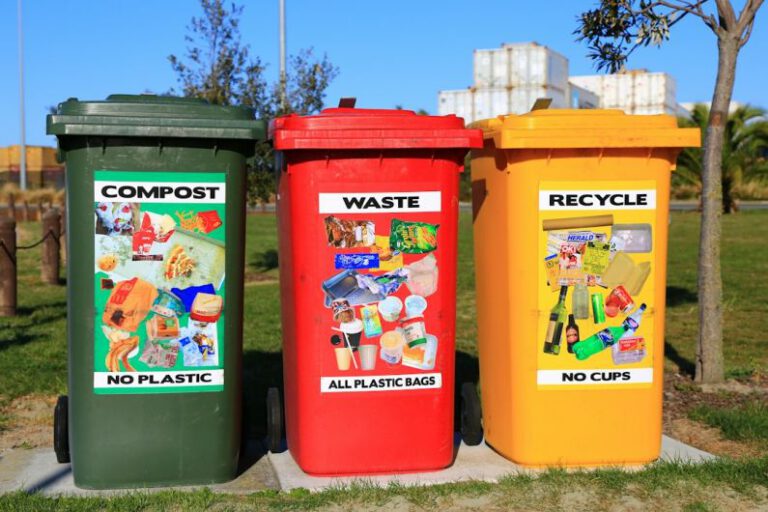Water Wise: Smart Water Management Solutions
Water is a precious resource that is essential for all forms of life on Earth. With growing populations, urbanization, and climate change, the demand for water is increasing while water sources are becoming more stressed. It is crucial now more than ever to implement smart water management solutions to ensure the sustainable use and conservation of this vital resource.
The Importance of Smart Water Management
Smart water management involves the use of innovative technologies and strategies to monitor, conserve, and efficiently use water resources. By implementing smart water management solutions, communities, industries, and agriculture can reduce water waste, lower costs, and protect the environment.
Monitoring and Data Analytics
One key aspect of smart water management is the use of monitoring systems and data analytics to track water usage patterns, detect leaks, and optimize water distribution. Advanced sensors can provide real-time data on water flow, pressure, and quality, allowing for quick identification of issues and proactive management of water resources.
Leak Detection and Repair
Leaks in water distribution systems can lead to significant water losses and increased costs. Smart water management solutions utilize acoustic sensors and data analysis algorithms to detect leaks early and pinpoint their exact location. This enables prompt repairs, preventing further water loss and damage to infrastructure.
Water Conservation in Agriculture
Agriculture is a major consumer of water, accounting for a significant portion of global water usage. Smart irrigation systems that use weather data, soil moisture sensors, and crop water requirements can optimize water usage in agriculture. By delivering the right amount of water at the right time, these systems help conserve water and improve crop yields.
Efficient Water Use in Industries
Industrial processes often require large amounts of water for cooling, cleaning, and manufacturing. By implementing water recycling and reuse systems, industries can reduce their water footprint and minimize wastewater discharge. Smart water management solutions also include the use of water-efficient technologies and practices to optimize water use in industrial operations.
Community Engagement and Education
Effective water management requires the participation of communities and individuals. Educating the public about water conservation practices and promoting water-saving behaviors can help reduce water consumption at the household level. Community engagement programs, water conservation campaigns, and incentives for water-saving measures can all contribute to a more sustainable water future.
Green Infrastructure for Water Management
Green infrastructure, such as rain gardens, permeable pavements, and green roofs, can help manage stormwater runoff and reduce the burden on traditional water treatment systems. These nature-based solutions enhance water infiltration, improve water quality, and create green spaces that benefit both the environment and communities.
The Future of Smart Water Management
As the world faces increasing water challenges, the adoption of smart water management solutions is becoming more critical. By investing in technology, innovation, and sustainable practices, we can ensure the efficient use and conservation of water resources for future generations.
In conclusion, smart water management is essential for addressing the water challenges of the 21st century. By implementing monitoring systems, leak detection technologies, water-efficient practices, and community engagement initiatives, we can work towards a more sustainable water future. It is time to embrace smart water management solutions to safeguard this precious resource for generations to come.






